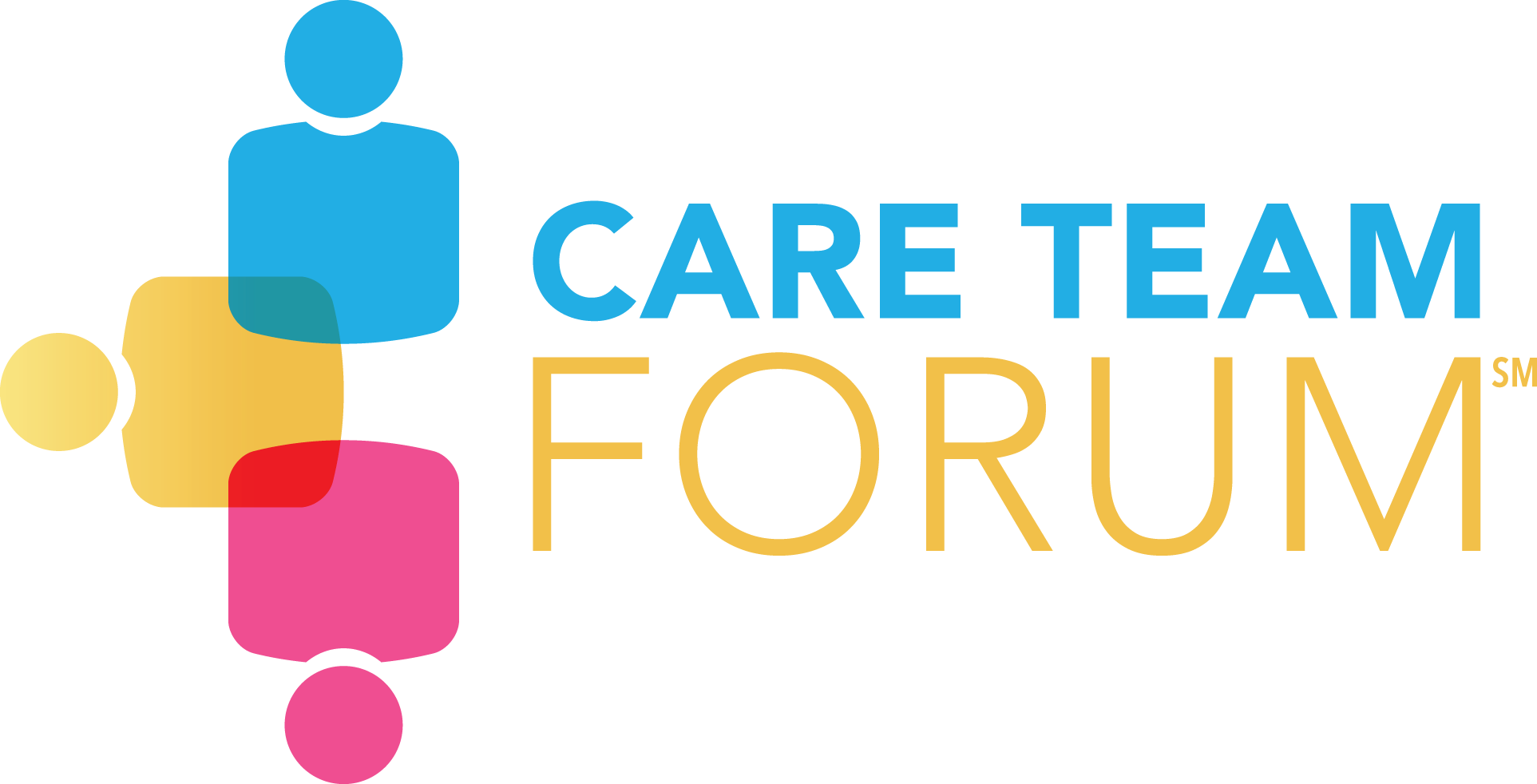Targeting IL-13 in Moderate to Severe Atopic Dermatitis: Forging a New Path to Improved Disease and Patient Outcomes

Guest: Jonathan I. Silverberg, MD, PhD, MPH
Atopic dermatitis (AD) significantly impacts physical, social, and psychological well-being. Recently, novel and more effective treatment options have been approved, including those targeting interleukin (IL)-13. Tune in to watch this webcast on incorporating these agents to optimize care for patients with moderate to severe AD with Terry Faleye, Dermatology Physician Assistant at DermSurgery Associates in Houston, Texas, and Dr. Jonathan Silverberg, Professor, Director of Clinical Research, and Director of Patch Testing at George Washington University School of Medicine and Health Sciences in Washington, DC.
